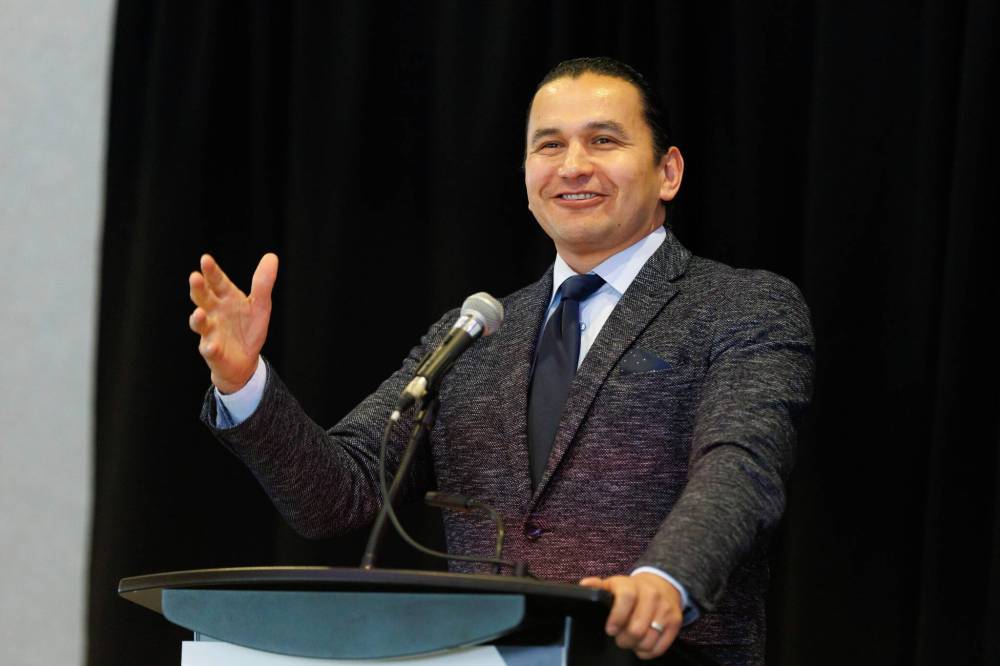Phase out, not pay out
Advertisement
Read this article for free:
or
Already have an account? Log in here »
We need your support!
Local journalism needs your support!
As we navigate through unprecedented times, our journalists are working harder than ever to bring you the latest local updates to keep you safe and informed.
Now, more than ever, we need your support.
Starting at $15.99 plus taxes every four weeks you can access your Brandon Sun online and full access to all content as it appears on our website.
Subscribe Nowor call circulation directly at (204) 727-0527.
Your pledge helps to ensure we provide the news that matters most to your community!
To continue reading, please subscribe:
Add Brandon Sun access to your Free Press subscription for only an additional
$1 for the first 4 weeks*
*Your next subscription payment will increase by $1.00 and you will be charged $20.00 plus GST for four weeks. After four weeks, your payment will increase to $24.00 plus GST every four weeks.
Read unlimited articles for free today:
or
Already have an account? Log in here »
Hey there, time traveller!
This article was published 16/05/2024 (534 days ago), so information in it may no longer be current.
Earlier this month, Premier Wab Kinew did something that no other provincial leader has done — he made public how he intends to resolve Manitoba’s decade-old lawsuit against tobacco companies.
On May 4, he announced that he expected to receive an initial payment of up to $500 million, which he would use to pay for a new cancer centre, and that future payments were expected.
Premier Kinew may have expected this announcement to be received as good news. Tobacco companies would finally pay for some of the medical costs resulting from their wrongful behaviour. Those whose cancers were caused by their products would gain access to better treatment facilities.

Cynthia Callard, Flory Doucas and Les Hagen write that Premier Wab Kinew and his legislative colleagues should immediately consult with the public about the future they want for the tobacco industry. (Winnipeg Free Press)
The province would be richer by up to $350 per Manitoban over the coming year.
But there is a darker side to the deal that Premier Kinew seems to be willing to make. A settlement that is primarily financial and that goes beyond the amount the companies currently have on hand (about $12 billion to cover all provincial and private claims) will be financed by future sales of their addictive and harmful products.
The companies whose products currently kill 1,500 Manitobans (and 44,800 other Canadians) each year would be spared bankruptcy and left to continue this deadly trade.
Using future sales revenues to fund ongoing compensation to Manitoba means that consumers — not companies — will finance the settlement Premier Kinew is planning to accept. Their purchases, health and well-being will be used to underwrite this deal. The vicious cycle of addiction, disease and health-care costs will continue.
Meanwhile, corporate directors and others whose wrongful behaviours are detailed in Manitoba’s claim will go unpunished.
No premier should accept a settlement proposal that legitimizes and sustains the harmful tobacco industry behaviour that is at the root of these lawsuits.
No government should seek compensation for past wrongdoing that results in a continuation of harm.
Instead of extending the viability of the tobacco business and prolonging the smoking and addiction epidemic, Premier Kinew and the nine other premiers similarly involved should work together to impose an orderly wind-down of the commercial tobacco market.
They should seize this historic opportunity to make the companies stop recruiting new customers and start phasing out this harmful business.
If these leaders prefer a monetary settlement to one focused on protecting health, they are out of step with public opinion.
A poll conducted for our organizations by Leger in the fall of 2023 found that 70 per cent of Canadians (and 80 per cent of those with an opinion) supported their “province using these lawsuits to require tobacco manufacturers to phase out the commercial sale of cigarettes in Canada.”
Only 17 per cent of respondents opposed this outcome.
Where Premier Kinew deserves credit is for breaking the self-imposed silence that has denied the public any input or insight into the negotiations that have been underway among governments and the tobacco industry over the past five years.
The decisions on whether this industry is allowed to escape bankruptcy and how it is held accountable for decades of wrongdoing are public policy issues that deserve transparency, open discussion and public engagement.
Premier Kinew and his legislative colleagues should immediately consult with their citizens about the future they want for the tobacco industry.
Such a democratic exercise would not contravene the confidentiality order provided to the companies as part of their court-ordered insolvency protection.
It would help those talks by informing those at the negotiating table about the priorities of those they represent.
Without such transparency and engagement, plans like Premier Kinew’s look very much like a sugar-coated money grab.
» Cynthia Callard is with Physicians for a Smoke-Free Canada, Flory Doucas represents the Quebec Coalition for Tobacco Control, and Les Hagen works with Action on Smoking & Health (ASH). This column previously appeared in the Winnipeg Free Press.
